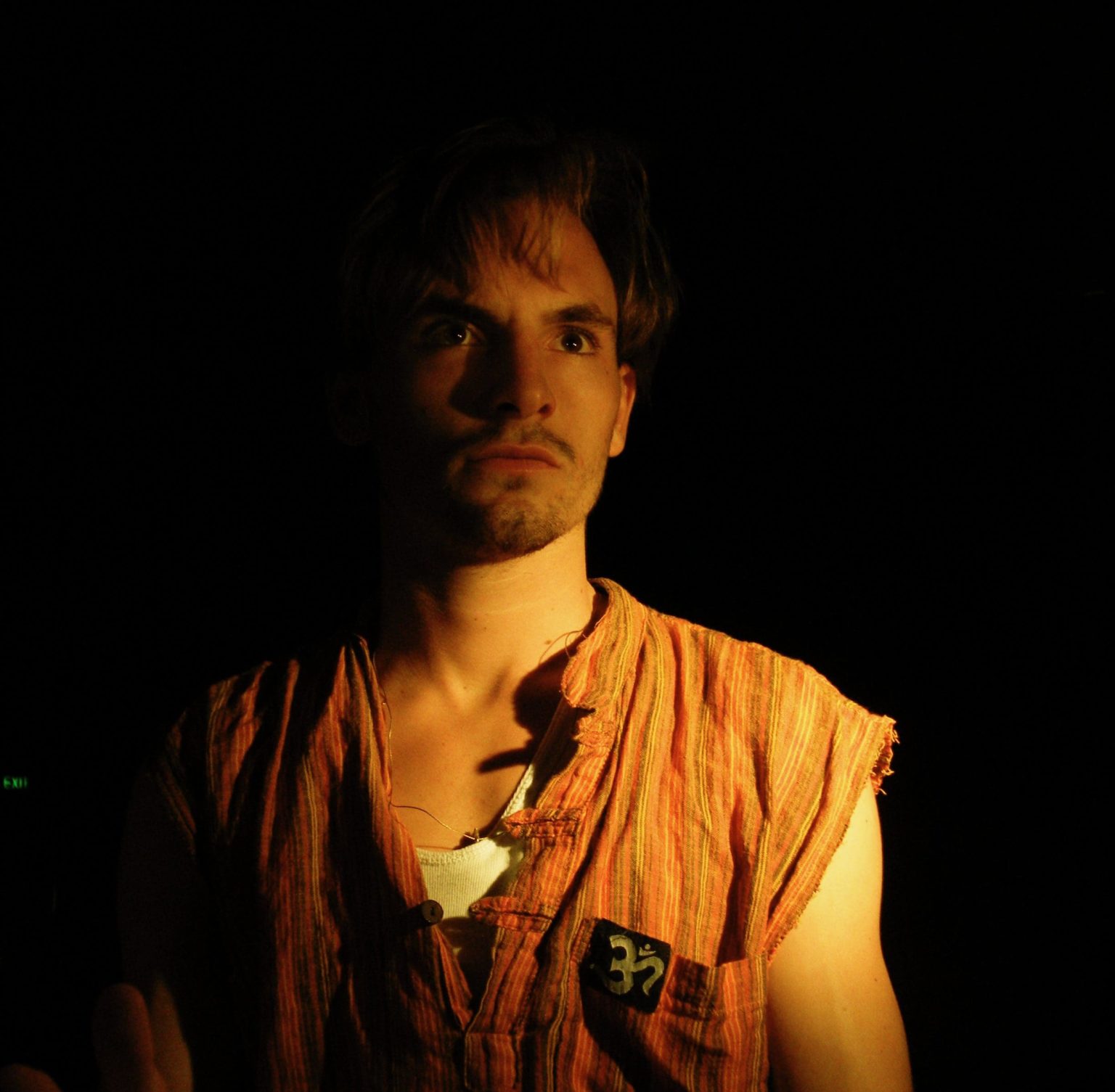“Inside the collective called a drama school company or an acting ensemble, a certain type of freedom can come from the fraternity experienced: freedom of communication and expression, release of instinct and impulse, removal of social boundaries and fears, and a call to become greater and more united as a group becomes possible. Like a close-knit family, a type of tribe forms and with it can come a new and far deeper sense of intimacy and closeness.
Within this freer context – perhaps a context some or many of the group members may have never experienced before – it is important to remember that personal boundaries are to be respected at all times in terms of 1) physical contact 2) permissions and 3) closeness.
The rule ACA operates by is that all physical contact on stage, onscreen, in class, backstage or off-site in rehearsals, is always and only ever, a shared negotiation. Nothing is implied or assumed, and any action or intention of a violent, intimate or sexual nature between two people is required to be discussed and negotiated to a mutually agreed outcome for all parties.
This then sets boundaries and permissions firmly in place. These though, can be renegotiated if any party feels a new boundary needs to be set for his/her own safety and comfort, or indeed, if a mutual trust has been created, any boundary might be moved to allow for greater freedom, expression and contact.
Acting, and the process of learning acting, is based upon trust, respect, safety, negotiations and permissions. The actor is not the character: the actor is a person first, and each person cannot begin to explore character and extend into their new world, unless they themselves are safe and secure, their boundaries are clear and met, and a shared trust and a strong and collaborative bond formed with all the other actors and the creative team around them.
Utilizing Actors Centre’s unique M.A.P. System (MANAGER, ARTIST, PERSON), the artist may not want boundaries and limitations set, and the person may not have the confidence to voice them (or fear they may not be heard). But the MANAGER aspect within each of us ensures both the person, and the artist, are SAFE at all times.
This is the only way the performing arts industry can operate effectively, transparently and respectfully.”


